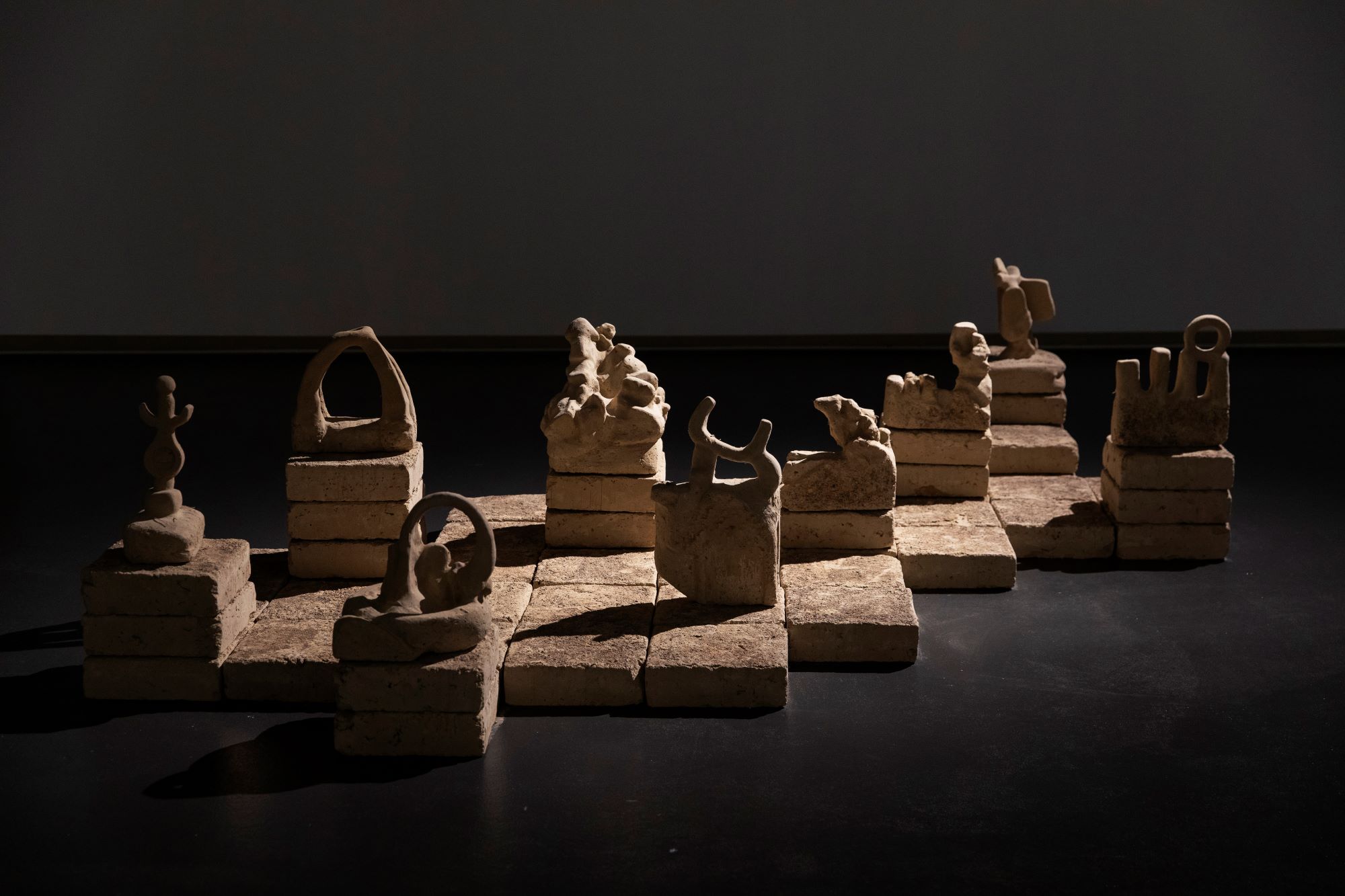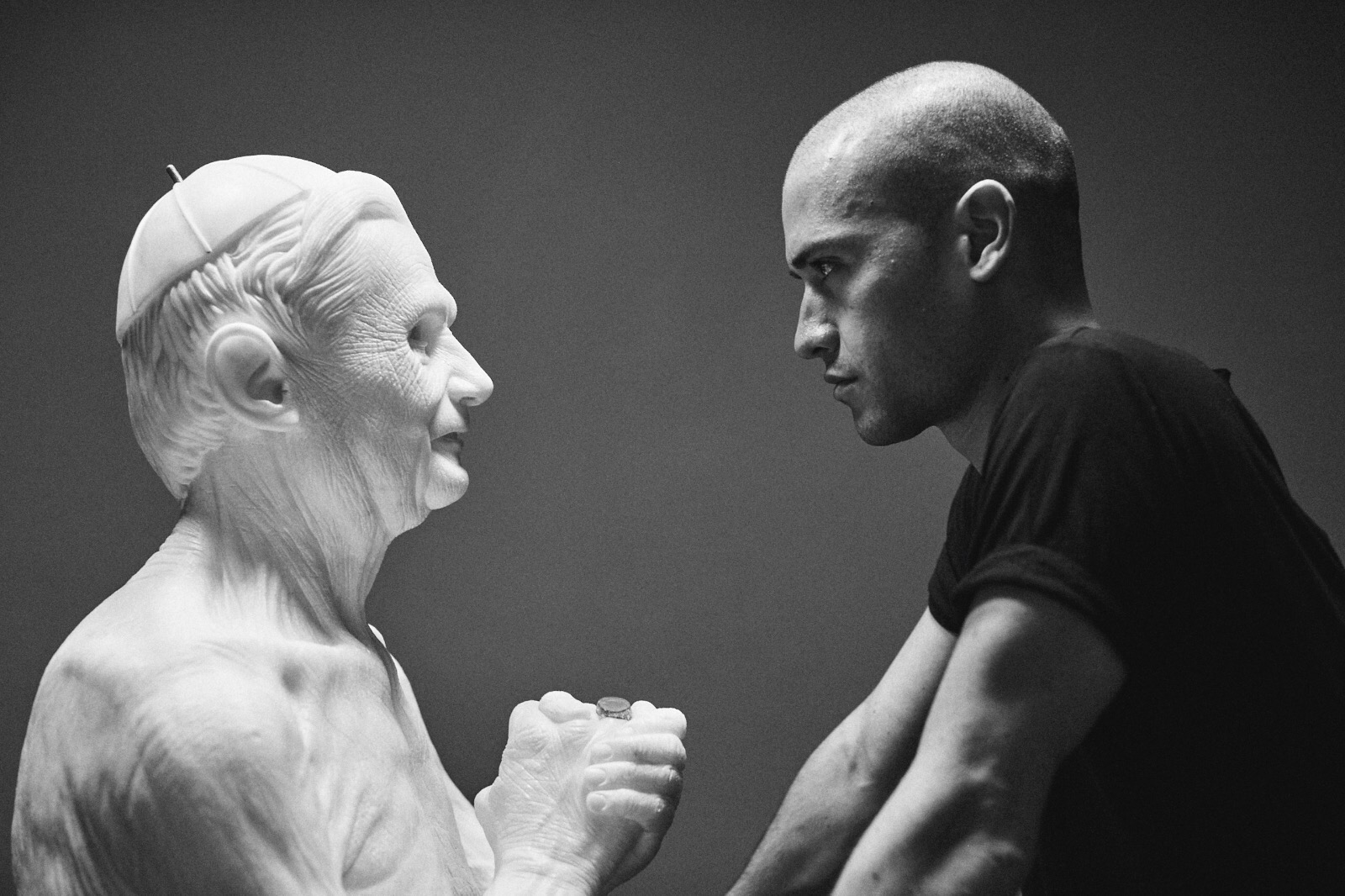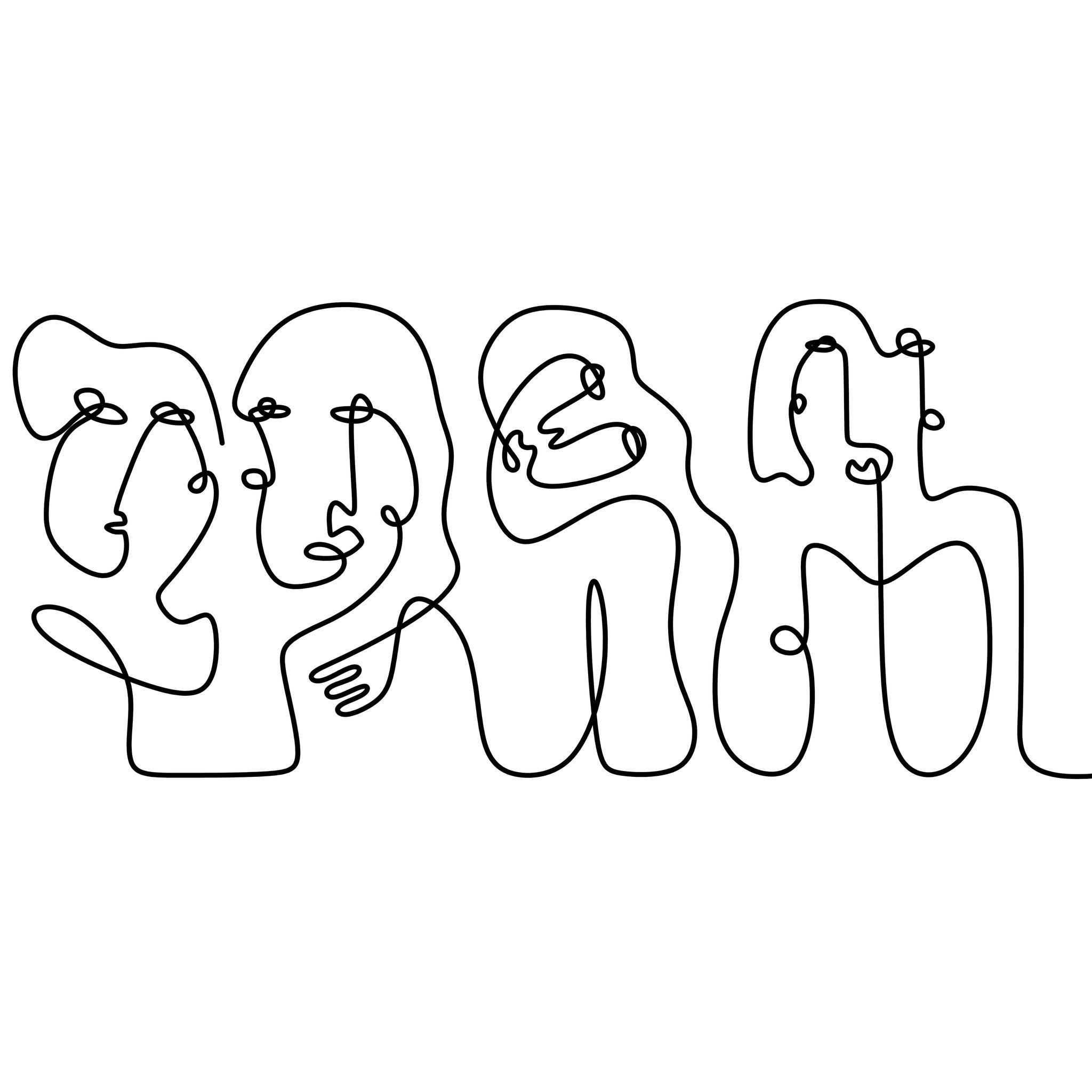Kochi Biennale Foundation announces the first list of artists for the 5th edition of the Kochi-Muziris Biennale, beginning 12th December 2020. Curated by Singaporean artist Shubigi Rao and titled, In our Veins Flow Ink and Fire, the forthcoming exhibition “embodies the pleasure of experiencing practices of divergent sensibilities, under conditions both joyful and grim.”
In her curatorial note, Rao invites artists and the public to explore the redemptive and revolutionary power of practice. It is a call for persistent optimism as a possible strategy to counter the direness and the tragedies of our time. It encourages us to challenge the increasingly singular narratives that surround us, to embrace the manifold stories we create and share. This edition will act as a platform to exchange ideas and debate, with the view to further conversations beyond the Biennale, reminding us that we are not alone in the fight for our rights and civil liberties, and that agency, humour and kinship are some of our greatest tools to act.
Shubigi Rao, Curator of the Kochi-Muziris Biennale 2020, stated: “The biggest challenge facing us is, of course, the unprecedented magnitude of the global pandemic, but there are always challenges to exhibition-making, especially one on the scale of the Kochi-Muziris Biennale. And yet it is a creative act to think through problems, to navigate obstacles, to work with people to collectively and inventively dismantle challenges. At the very outset, I was determined to think of the Biennale as a crucible, capable of holding the diverse discourse of the critical, political, and social in artistic practices. As an artist, I’m driven by many things — the need to situate myself in this world (historically and in my current reality), my responsibilities to not just our species but to the planet, and to recognise that artistic and literary practices have the potential to strengthen existing communities and to generate new thought and action. These imperatives continue to be present in my curatorial work for the next Kochi-Muziris Biennale, and this work will, in turn, inform my praxis. Quite a few artists manage and perform multiple forms of artistic labour and production, and are often continuously reflecting and rethinking. I have to say that I see challenges as creative opportunities, and a chance for people to work differently with common cause.”
Bose Krishnamachari, Biennale Director of the Kochi-Muziris Biennale, declared: “As humanity combats this pandemic, I believe that art and culture will not just allow for healing, but will also create a space for togetherness. We have trust in this ability of art, and we think that the Biennale in Kochi can be a site for self-reflection and further imagination.”
Curatorial note
What do we find when we listen, read, record, think and make? For one, that even the most solitary of journeys is not one of isolation, but drinks deeply from that common wellspring of collective knowledge and ideas. Even when we work alone, we amplify the voices of others, and this form of sociability is why when we create, we are collective.
A biennale can be so much more than a mere accumulation of coincidental collisions. As a bulwark against despair the biennale as commons may seem an impossible idea. But we remember the ability of our species, our communities, to flourish artistically even in fraught and dire situations, with a refusal in the face of disillusionment to disavow our poetry, our languages, our art and music, our optimism and humour. To envision this biennale as a persistent yet unpredictable murmuration in the face of capriciousness and volatility comes from my unshakeable conviction in the power of storytelling as strategy, of the transgressive potency of ink, and transformative fire of satire and humour.
This optimism in practice – in artistic and in collective work, especially in regional or local contexts and forms – includes questions like the possibly redemptive and revolutionary power of practice beyond the market. We see this reflected in growing investigative methods in cultural work that directly excavate and implicate the monetisation of everything – whether environment, activism, crisis, knowledge production and access, global capital flows and inequities. Our co-mingled virtual futures are inextricable from the transmission of knowledge, ideas and capital, and so too are we subject to neoliberal infiltration and control. Implicated is the concept of nation and inviolability of borders, a pernicious myth that denies the diffusion of languages and ideas, of storytelling and sharing. The difference here is the rejection of the narrative as singular, choosing instead an embracing of submerged and manifold stories, and where, how, and through whose agencies they diverge.
A commons, then, is not just an archive that holds in stasis till activated. It is prolific, shapeshifting, and impure. Here we can read and listen, here meaning and implication can be glimpsed, parsed, reinterpreted and so live on in the minds of others, an ever expanding, rerouting, mutating web. This web also reaches across narrow geographical, theological and political concerns – solidarity crosses over, solidarity in the shared ideal, whether it be free speech, free press, individual liberty, defining the true spirit of the law and jurisprudence, and the emancipation of people.
The intersections of people and incidents, flashpoints of censorship and sites, all point to the crucial importance of the political, cultural, literary, scientific and philosophical climate necessary for ideas to thrive and flourish. There is unsurprisingly no perfect concatenation of circumstances, times or epochal characteristics necessary for ground-breaking work, ideas or revolutions. The human need to think freely without proscription, in spite of, and sometimes because of repression, all point to the way we react to conflict. The only enemy is apathy. That has no name or face and it lies entwined with its bedfellow – self-censorship.
This edition of the Kochi-Muziris Biennale therefore embodies the joy of experiencing practices of divergent sensibilities, under conditions both joyful and grim. There is optimism even in the darkest absurdity, and this is what leavens the direness of our time. It is in the robustness of humour that we can imagine the possibility of sustained kinship, and remember that we are not isolated in this fight. And that perhaps all that is required for an impossible ideal to exist is for enough people to live, think, and work as if it already does.



